Prenatal Care
FAQs
The screenings you might need can vary, but generally, your doctor will likely recommend tests for blood type, Rh factor, anemia, immunity to certain diseases, and genetic or chromosomal disorders. But remember, what’s right for one person might not be right for another.
Ideally, you’d want to start prenatal care as soon as you can after finding out you’re pregnant. The earlier you start, the sooner you and your healthcare provider can map out a care plan that’s best for you.
Once you get that positive pregnancy test, it’s a good idea to get in touch with your healthcare provider right away to schedule your first prenatal visit.
At your prenatal visits, you can expect things like weight checks, blood pressure checks, baby’s heart rate checks, and belly measurements. You’ll also have plenty of time to ask questions. Remember, no question is too small or silly!
Even if prenatal care seems out of reach, there are resources available. Community health clinics and local health departments often offer low-cost prenatal care. There are also special programs like the Children’s Health Insurance Program (CHIP) and Medicaid that can help.
Check out community health centers, local health department clinics, or resources NCHS can connect you to. Some of these organizations have sliding scale fees based on your income. You may also qualify for Medicaid or other state programs.
The cost of prenatal care can vary widely based on your location, type of healthcare provider, and whether or not you have insurance. On average, without insurance, prenatal care might cost around $2,000. Remember, those costs can be lowered with sliding-scale clinics and government programs.
You may be eligible for programs like Medicaid, the Children’s Health Insurance Program (CHIP), or the Supplemental Nutrition Program for Women, Infants, and Children (WIC). Local non-profits like NCHS or community groups may also offer financial assistance or services.
This is a deeply personal question, and only you can answer it. It’s certainly possible to raise a child on a tight budget, and there are resources and programs that can help. Don’t be afraid to reach out and find the support you need
The cost of raising a child varies greatly depending on many factors, such as location, personal lifestyle, and other various circumstances. However, it’s not a commitment to be taken lightly. It’s also about time, love, patience, and emotional investment. You’re not alone in this, and it’s okay to reach out for help or advice.


